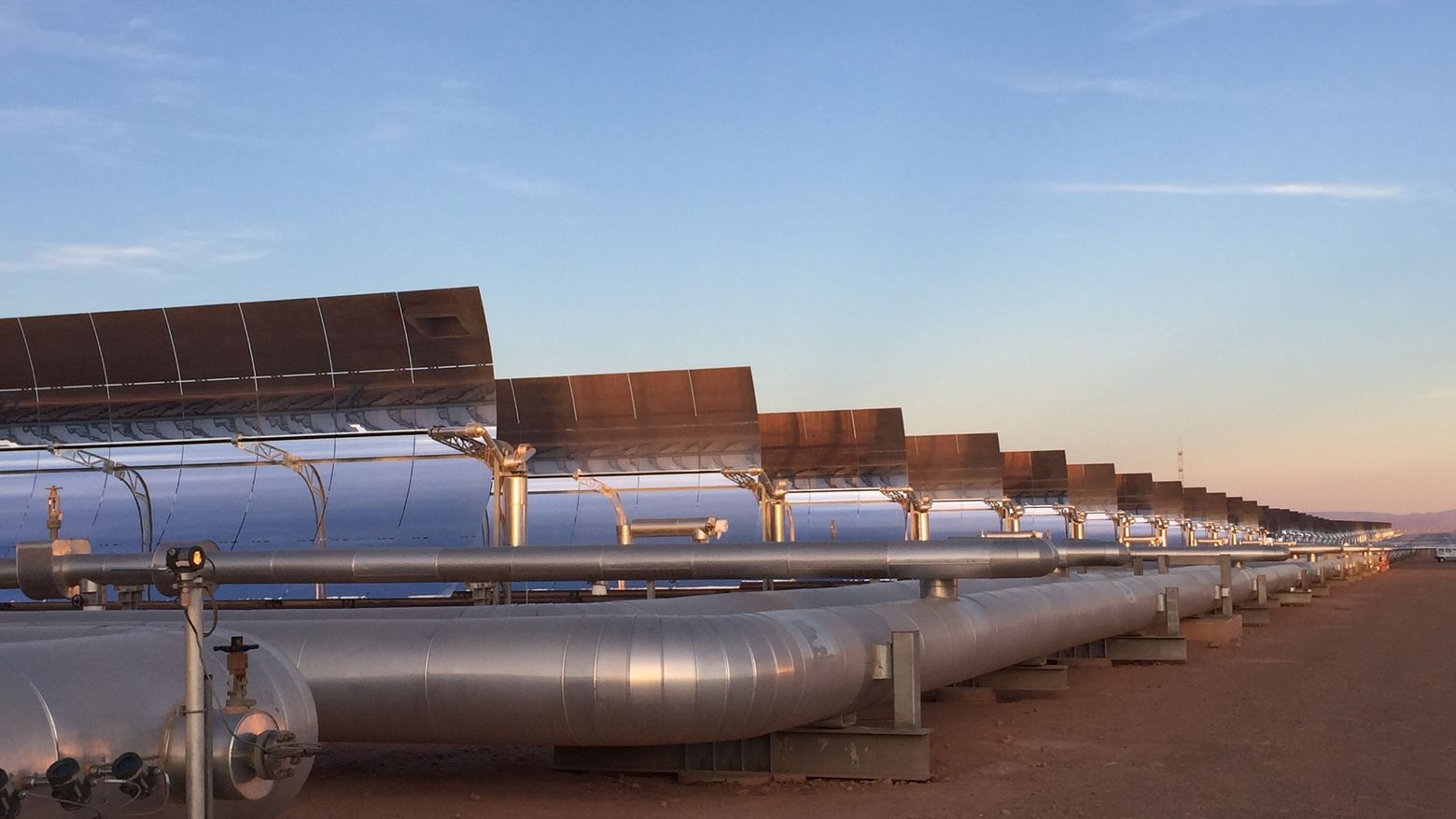Africa’s energy story
Africa’s energy story is marked by striking contrasts: immense potential alongside deep scarcity. Africa possesses 60 percent of the world’s best solar potential, but renewables account for only a small portion of its energy supply. Over 750 million people lack electricity, and nearly 2 billion, mainly in Sub-Saharan Africa, still depend on wood and charcoal for cooking, which poses health risks and environmental damage. Current challenges are even more severe due to the escalating climate crisis and shifting geopolitical landscapes.
However, this reality also presents a unique opportunity. Africa’s relatively low investment in fossil fuel infrastructure allows it to bypass fossil fuels altogether and transition directly to clean energy. If managed effectively, this could help close the energy access gap, achieve universal access, create millions of quality jobs, enhance energy sovereignty, promote sustainable industrialization, and position Africa as a global leader in climate action.
Signs of ambition and progress across Africa
African leaders and global partners have set bold goals for the continent’s energy future. The Nairobi Declaration (2023) pledged 300 GW of renewables by 2030, supported by global COP28 commitments to triple renewable capacity and ensure universal clean cooking by 2032. Programs like the World Bank and AfDB’s Mission 300, aiming to connect 300 million people to power by 2030, could be transformative if delivered.
Across Africa, countries are already showing what is possible. Progress is evident in Morocco, Namibia, and Kenya, the top three African countries on the Energy Transition Index. In Kenya, geothermal and helps power nearly ninety percent of the nation’s electricity, supplemented by solar and hydro. Morocco is home to the Noor Ouarzazate Solar Complex, one of the largest concentrated solar power facilities in the world, with a capacity of approximately 580 MW, and aims for renewable sources to supply about 52 percent of its electricity capacity by 2030. Namibia has set a bold target of 70 percent renewable energy in just five years, a goal that would have seemed impossible a decade ago.
Yet these achievements also reveal challenges. To talk about renewable energy only in terms of large-scale renewable energy projects, megawatts, and investment figures is to miss the heart of the matter. Energy is not just a technical resource or an output; it also has social, justice, economic, political, and environmental dimensions. Moreover, renewable energy, while critical, is not automatically just. Without strong governance, inclusive participation, and careful respect for human rights, renewable projects risk replicating the extractive dynamics of fossil fuels. The uneven pace of transition across the continent also raises a concern that Africa may face a two-tier energy transformation, with some countries racing ahead while others are left behind.
Critical Success Factors for a Just Energy Transformation in Africa
The experiences of Morocco, Namibia, and Kenya show that a just RE energy-based transformation requires:
- Leadership and political will – Long-term commitment to RE, phasing out fossil fuels, and aligning national strategies with social justice goals.
- Policy and regulatory frameworks – Stable, coherent, pro-RE laws and policies that incentivize investment and align with development priorities.
- Finance – Scaled, predictable, equitable financing; reduced cost of capital; debt relief; and improved access for local actors.
- Infrastructure, technology, and skills – Modernized grids, decentralized systems, technology, and human capital development.
- Narratives – Reframing RE as central to Africa’s development, prosperity, and sovereignty.
- Justice and Equity – Prioritizing affordability, access, community ownership, gender inclusion, human rights, and environmental protection.
Toward COP30
As the world looks to COP30 in Belém, Brazil, Africa’s renewable transformation must be placed firmly at the center of the global agenda. Building on the commitments made at COP28, to triple renewable energy capacity globally and to deliver universal access to clean cooking, COP30 offers an opportunity to align global financing with Africa’s needs and priorities. For Africa, this means presenting integrated renewable roadmaps with clear targets for access, equity, and justice.
For the German government and other partners, it means delivering grant-based and concessional financing, supporting AU-led integration initiatives, and embedding justice and human rights in every partnership. For civil society, it means mobilizing public support, challenging fossil fuel narratives, and ensuring Africa’s priorities shape the outcome. With bold leadership, fair partnerships, and a commitment to justice and human rights, the continent can lead the way toward a sustainable, inclusive energy future.
COP30 must deliver a breakthrough. Without it, millions will remain in energy poverty, economies will stay dependent on fossil fuel imports, and climate shocks will worsen. With bold, justice-centered action, however, Africa can close the energy gap, create millions of jobs, and lead the world toward a just and sustainable future.
This blog article is based on a new report "Achieving Africa’s Energy Goals Pathways Toward a Just and Renewable Future" by Bread for the World, Germanwatch and Misereor. The report is written by Dr. Grace Mbungu as a joint project by Kerstin Opfer (Germanwatch), Madeleine Wörner (Misereor) and Sabine Minninger (Bread for the World).





